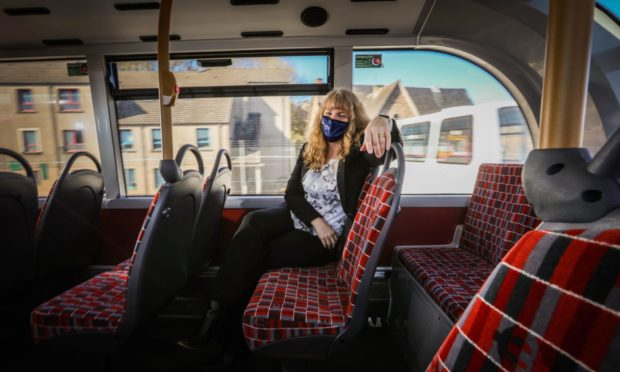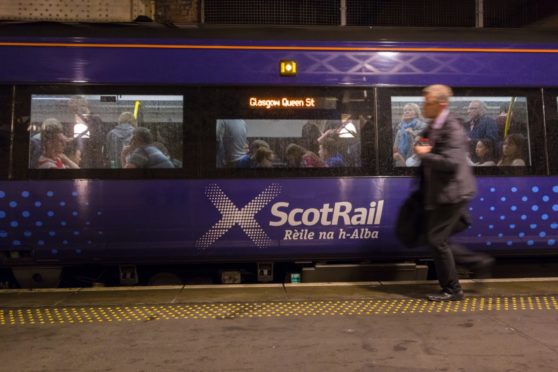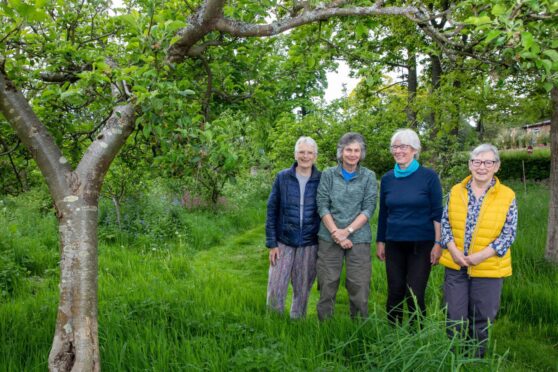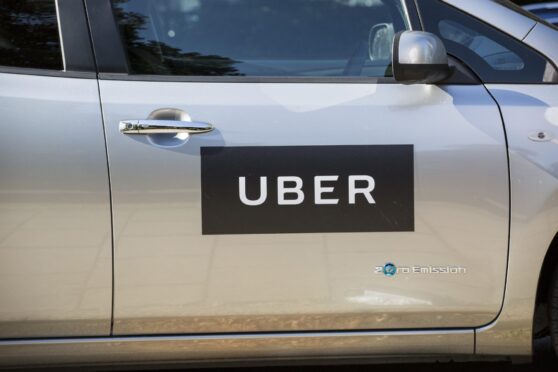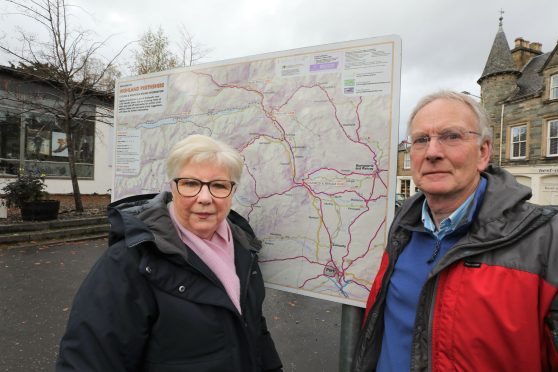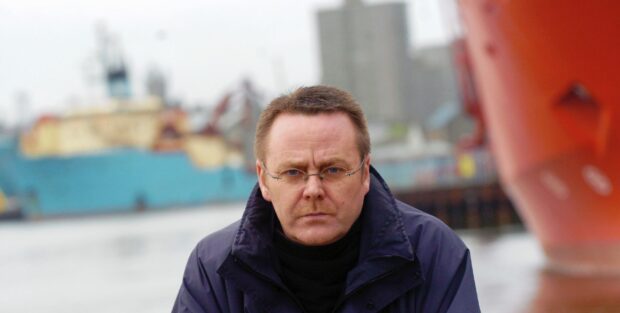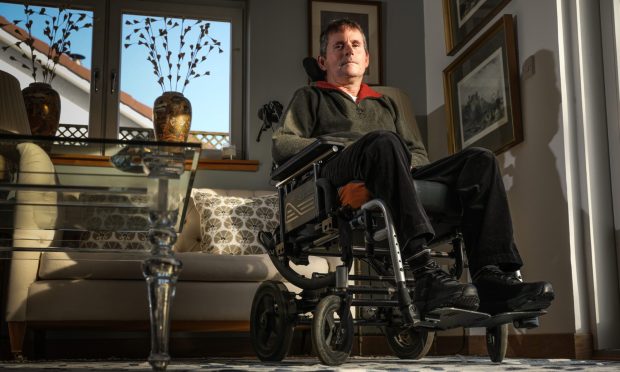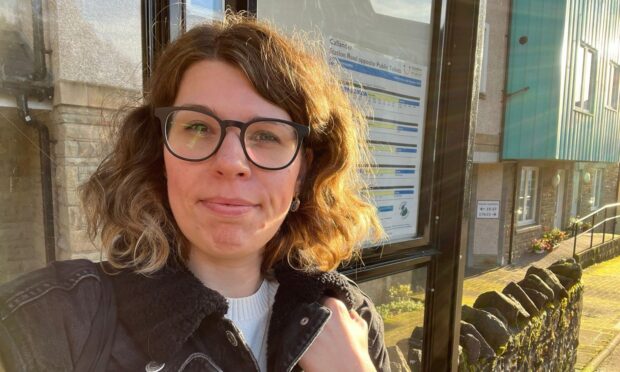The coronavirus pandemic has frightened commuters away from using public transport, a study has found.
Napier University researchers found between 34% and 42% of people intend to use public transport less often than before the pandemic.
The most common reasons given included the possibility of getting infections from other passengers.
Respondents also cited a perception of a lack of cleanliness/hygiene on board some vehicles and overcrowding.
But Dundee’s bus company Xplore are facing up to the challenge, stressing their rigorous cleaning regime and use of “virus-killing” air filters.
And other leaders are working out the best way of getting passengers back on buses and trains, essential to cutting Scotland’s carbon emissions.
‘Public transport is relatively low risk’
For Dundee bus operator Xplore, public transport is a vital part of the country’s “green recovery” after the pandemic.
Managing director Christine McGlasson highlighted a range of measures they took at the outset of the pandemic.
These include rigorous cleaning and fitting “virus-killing” air filters.
She said: “Despite the perception outlined in the report, studies have shown public transport is relatively low risk in terms of exposure to the virus.
“As life begins to return to normal, we will maintain rigorous safety measures and focus in making sure our services are not overcrowded.
“The confidence we already have in our services needs to be echoed by the government and wider society.
“I hope the public will consider the wider picture when they make their travel choices in the coming weeks.”
Why has coronavirus put people off public transport?
The most common reason given in the survey for abandoning public transport was the risk of infection from other passengers.
A perceived lack of cleanliness or hygiene and overcrowding were also given as reasons.
More than half of workers, 54%, expect to work from home more often, reducing their reliance on public transport.
And 52% expect to use technology more to communicate with friends and family.
Which type of public transport will be hit hardest?
Nearly half, 42%, of respondents said they will fly less than before the Covid-19 pandemic.
Some 36% people think they will use buses less and 34% expect to reduce their train use.
However, 45% said they will walk more and 29% expect to cycle more as the country emerges from lockdown.
A quarter of people plan on driving more often.
Napier’s Transport Research Institute team surveyed nearly 1,000 people in the study.
Study results ‘not good news’ for Scotland
An increase in car use may hinder Scotland’s carbon reduction mission, the researchers said.
Dr Achillie Fonzone, associate professor of transport analysis and planning at Napier, said: “Lack of confidence in public transport is not good news for the industry.
“It is not good news for Scotland either, considering the importance of public transport to ensure an equitable and sustainable mobility.”
Private cars post-pandemic would hamper efforts to reduce the carbon footprint.”
Dr Greg Fountas, Edinburgh Napier University
Dr Greg Fountas, from the university’s school of engineering, said: “A shift to private cars post-pandemic would hamper the efforts to drastically reduce the carbon footprint of the transport sector.
“That is alarming for Scotland, where transport constitutes the largest source of greenhouse emissions — more than one third of the country’s total emissions in 2018.”
‘Reverse’ the message, says campaigner
Fife councillor and rail campaigner Jane Ann Liston called for “a reversal” of the message sent out at the start of the pandemic.
“People were told not to use public transport. We need a clear opposite message now to encourage people to use trains and buses again.
“Yes, there will need to be messaging about social distancing and masks for some time yet.
“But in order to get people using public transport again there needs to be just as vocal a reversal of that messaging.
“All those environmental factors that made public transport important before coronavirus are still here.”
Transport bosses still ‘managing capacity’
Transport Scotland insists its messaging is based on public health advice.
Part of the public body’s strategy plan is to encourage public transport “once it is safe and appropriate to do so”, a spokesman said.
“As restrictions ease demand for public transport will increase.
“However, we will still need to manage capacity to ensure physical distancing is maintained.
“We are encouraging all those travelling, for whatever purpose, to plan ahead, avoid busy times and make use of real time planning information.”
